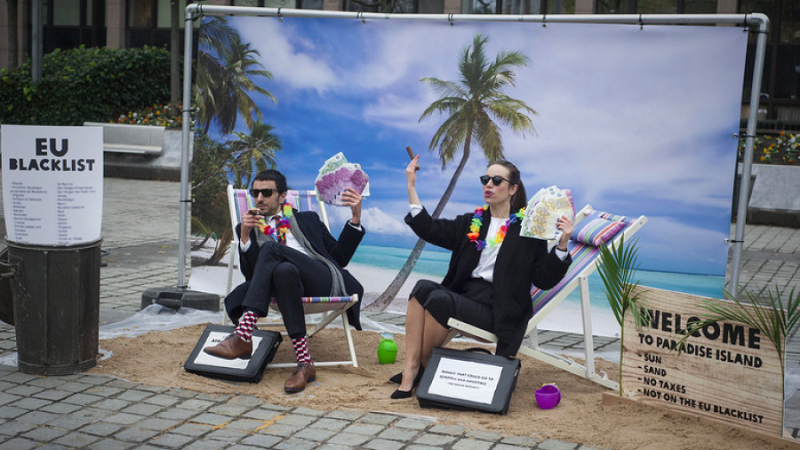It was British Labour MEPs Seb Dance, Neena Gill and John Howarth who really ‘saved’ Malta from being branded as tax haven along Luxembourg, the Netherlands and Ireland.
While in Malta both major parties have taken credit for the outcome of the vote, which ended up in a tie that secured the status quo for Malta and the other 3 countries involved, it turns out the votes of the British MEPs were crucial.
The three British Labour MPs defied the amendment presented by the Progressive Alliance of Socialists and Democrats in the European Parliament and swung the final vote.
But this is also a strong indication that once the British MEPs leave the European Parliament as a result of Brexit, the majority will change in favour of those calling for these countries to be considered tax havens.
Within a report calling for concrete actions against money laundering, an amendment by the Socialist group to demand the Commission to regard Luxembourg, the Netherlands, Ireland and Malta as EU tax havens was rejected by a tie.
Half of the voting MEPs, 327, voted to consider these EU countries as tax havens, whereas the other half voted for the line that there was no solid ground for the EU to blacklist some of these Member States.
The European People’s Party opposed the the Socialist amendment, although 22 of its MEPs voted along with the Socialists, the Greens and the European Left.
The proposal was rejected by all MEPs of Malta and Luxembourg, with the exception of Green MEP Claude Turmes, who abstained.
The Dutch Labour Party supported the proposal to recognise their own country as a tax haven.
According to a report commissioned by Green MEPS published last January, Malta helped multinationals avoid paying €14 billion (£12.1bn) in taxes between 2012 and 2015, which would have gone to other countries.
The report, written by accountancy lecturer Tommaso Faccio of Nottingham University Business School, concluded that Malta could be deemed a tax haven according to the EU’s own criteria.
Malta has the highest corporation tax in the EU – 35%. But the report states that the actual rate is only 5%, once generous refunds on dividends are taken into account. Although Malta does not offer the secrecy offered in tax havens like Panama, nominee companies and fiduciaries are also used to hide beneficial ownership.
The Paradise papers have shown how Bono, Shakira and the sons of Turkey’s Prime Minister Binali Yildirim set up their offshore structures in Malta to benefit from tax exemptions.
A scheme whereby Maltese companies can purchase a yacht and lease it to a third party, allowing them to pay VAT at a substantially reduced rate, has also attracted international headlines.
Malta was also put under the spotlight after the police failed to investigate Minister Konrad Mizzi and OPM Chief of Staff Keith Schembri for opening companies in Panama, which has now been included in the EU’s list of tax havens.
According to a study recently published by the Malta Financial Services Authority, the Financial Services sector contributes 11.2% in gross value added and accounts for 10.2% of employment, making it one of the largest contributors to the economy.












